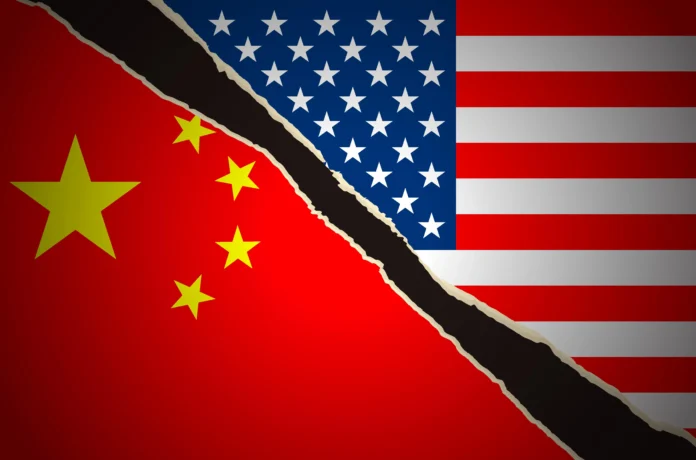Author: Niall Ferguson
Affiliation: The Hoover Institution at Stanford University
Organization/Publisher: Niall Ferguson‘s Website
Date/Place: July 5, 2020/ UK
Type of Literature: Article
Word Count: 2430
Link: http://www.niallferguson.com/journalism/politics/america-and-china-are-entering-the-dark-forest
Keywords: The Second Cold War, “Chimerica”, “Frenmity”, Henry Kissinger, Realpolitik, and the Dark Forest
Brief:
In this article, Ferguson describes what is happening today between the United States and China as a second cold war that began with the arrival of leader Xi Jinping to power in China in 2013. The author considers the era of coexistence and harmony between the two countries—which Kissinger established in 1971—as ended; there remains nothing of viability in the policy of engagement with Beijing that Washington previously adopted. Such policy has been deluded by a group of American and Chinese scholars, most of whom focus on what Washington wants and how the latter views its relations with Beijing, while they give less attention to how China views the nature of these relationships and the world under the leadership of Xi. The author argues that China has officially removed all ambiguities surrounding its intentions and aspirations, and it does not care to be a friend or enemy of the US; it is well aware that it is fighting a second cold war simply because it is the one who started this war, and the Covid-19 crisis has made this fact more visible. Accordingly, the tension in the relations between the two powers is not due to the “America First” policy adopted by Trump and his trade war against China, as much as it is related to the internal transformations in the perceptions of the Chinese leadership since the Global Financial Crisis of 2008, and then the arrival of the leader Xi to power, or what the author called the moment of decline and fall of “Chimerica” (a word that combines the two countries’ names China-America, coined by Ferguson and his colleague Moritz Schularick in 2007, and which refers to the relationship of harmony that has existed between the two countries since 1971, especially in the economic sphere. It also bears the connotation of a mythical illusion in this composed relationship.). The author supports his argument by referring to similar views of a group of scholars and officials headed by Henry Kissinger, the architect of US-China good relations, who declared last year that “We are in the foothills of a Cold War.” The author cites others who believe in a policy of continued engagement and have advocated for it, such as Orville Schell, Director of the Center on US-China Relations at the Asia Society in New York, and Chinese economist Yu Yongding, but who abandon it today due to what China is doing in its regional neighborhood in particular. He also points to “less exaggerated” opinions such as of Graham T. Allison, the author of the bestselling “Destined for War: Can America and China Escape Thucydides’s Trap?,” who believes that there is ambiguity and a complexity in the relations between the two powers, to the point where it is impossible to clearly distinguish China as an enemy or a friend. Moreover, the author argues that this new Cold War is inevitable and desirable as well, because it has jolted the US out of complacency and into an earnest effort not to be surpassed by China, especially in the areas of technology and artificial intelligence. Ferguson supports his arguments with his personal experience as a visiting professor at Tsinghua University in Beijing where Chinese scholars who are open minded to the West find themselves vulnerable to official investigations and harassment, while those who take anti-Western stances get promoted. The author also presents testimonies of Chinese academics who support his observations. Tsinghua University Dean of the Institute of International Relations, Yan Xuetong argues that the Second Cold War would be a purely technological competition without proxy wars or nuclear brinkmanship. At the end of the article, Ferguson says that the book which educated him the most about how China views America and the world was a science fiction novel published in 2008, entitled “The Dark Forest” by the influential Chinese writer Liu Cixin. In Ferguson’s view, the novel reflects a Chinese view of the world that is more ruthless and ferocious than Realpolitik, Hobbesian world, or Western Darwinism, which must be paid attention to when dealing with China.
By: Djallel Khechib, CIGA Senior Research Associate




